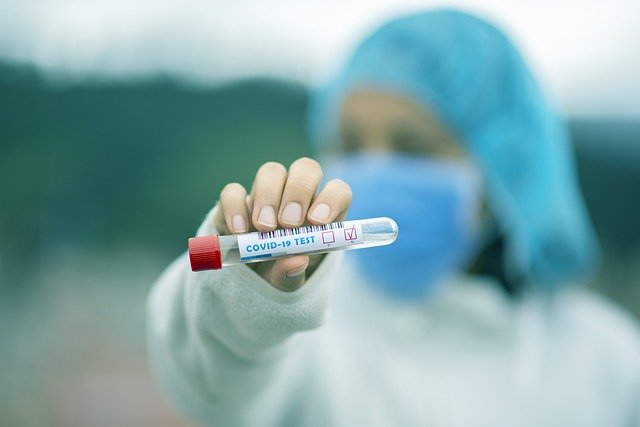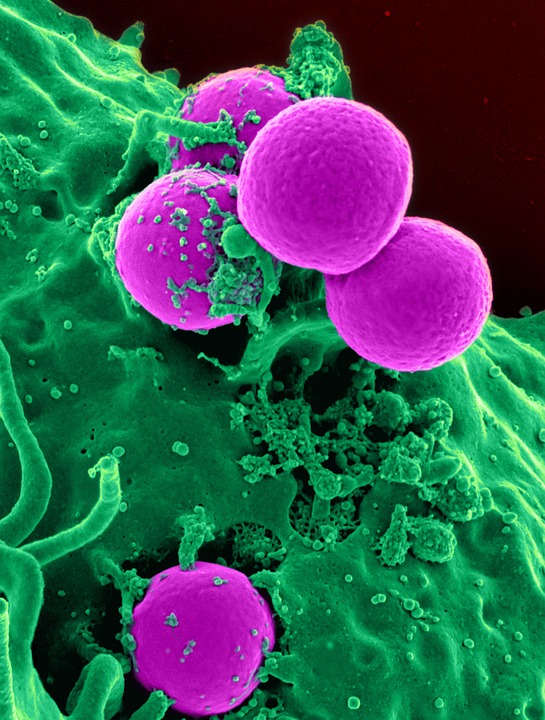Six months looks like a threshold to get reinfected by the coronavirus, once recovered, according to a new study. If this is proved to be true, it would have serious implications on vaccine development and also the idea of herd immunity.
A research team in Amsterdam recently published their paper in the preprint server medRxiv, after studying 10 persons who had contracted at least one of four types of seasonal coronaviruses in the last 35 years.
The researchers in the paper wrote, "An alarmingly short duration of protective immunity to coronaviruses was found," they also saw, frequent reinfections, 12 months after the infection and said, "There was a substantial reduction in antibody levels as soon as six months post-infection," according to the paper titled "Human Coronavirus Reinfection Dynamics: Lessons for SARS-CoV-2."
Second wave in 6 Months?

Bringing this to context, the COVID-19 pathogen is also a type of coronavirus. There are no treatments, drug or a vaccine right now. The trend of reinfections in 6 months in other coronaviruses, as found by the study might also reflect in SARS-CoV-2 (novel coronavirus).
Since a long-term immunity is doubtful, it could impact the course of COVID-19 pandemic, hinting at second and third waves in the post-pandemic period, as it happened with the Spanish flu of 1918. Since the majority of the people infected by COVID-19 show little or no symptoms, they are asymptomatic and can spread it without knowledge. This also adds to the risk of a second wave.
What about Herd Immunity?

Herd immunity, an idea that when a certain percentage of a population becomes immune to a particular virus, it would protect even non-immune populations against the infection by limiting the overall spread. It worked with diseases such as hepatitis and influenza A. Sweden is currently in that path to attain herd immunity.
But, if the Amsterdam study is proved correct, achieving herd immunity might remain temporary or may not even be achievable due to the loss of protective immunity after a certain time.
There were suggestions from experts that those who have the so-called 'immunity passport,' need not follow social distancing norms, the authors explain. "However, as protective immunity may be lost by six months post-infection, the prospect of reaching functional herd immunity by natural infection seems very unlikely."
Of Vaccine and Immunity
If this study is true, a one-time vaccine would only halt the ongoing transmission chain. There would be a necessity for a seasonal vaccine. Oren Kobiler, at the Department of Microbiology and Immunology at Tel Aviv University's School of Medicine, told The Jerusalem Post, explained on sterile and non-sterile immunity.
Sterile immunity means there will not be re-infection. In the case of non-sterile immunity, a person can be re-infected with developing no serious case of the disease. Kobiler said, "With non-sterile immunity, you could be re-infected and have two days of a common cold – no severe symptoms – and that would be good enough for all of us, I think."
Recently, a South Korean study revealed evidence that those who were tested re-positive cannot transmit coronavirus to others. Experts explained that recovered people tested positive due to dead strains of viruses in their body which is not dangerous.









